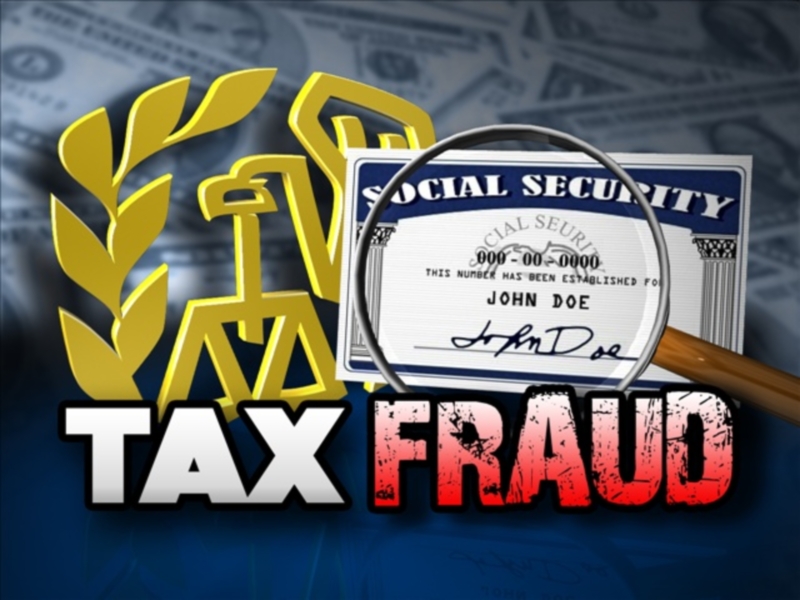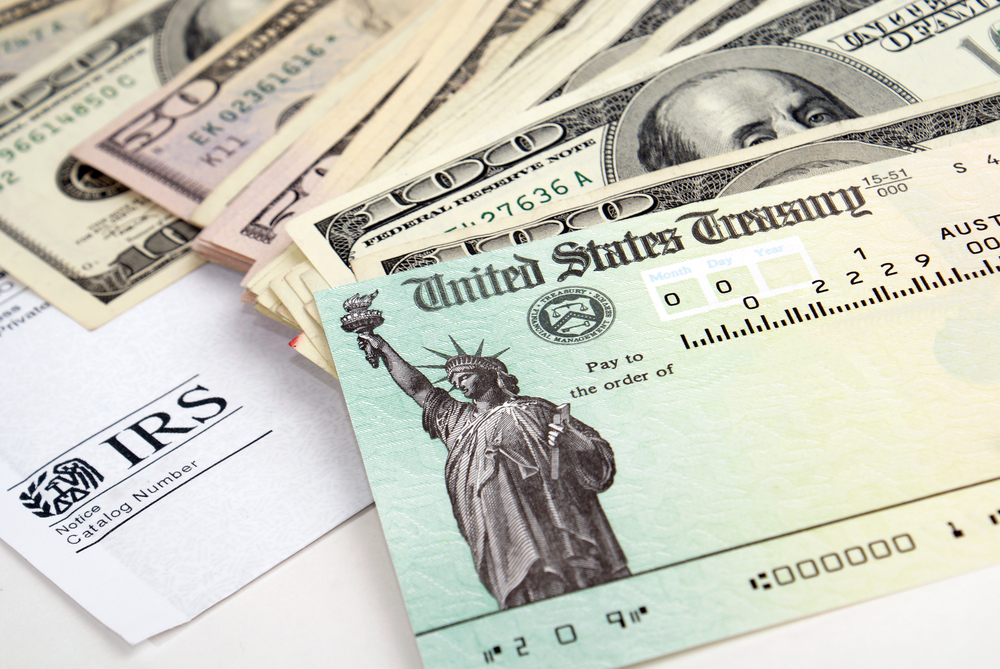How do you know if someone has filed a tax return using your Social Security number? And what do you do then?
This is happening more and more—the latest General Accounting Office (GAO) report says that IRS paid out over $5.8 billion in fraudulent returns in 2013. The IRS does have security measures in place to verify the accuracy of tax returns and the validity of Social Security numbers submitted, but that hasn’t stopped the bad guys from filing returns using other people’s identities — early and often!
“Filing your return early is actually a great way to thwart these fraudsters,” said Kerry Freeman, EA, of Freeman Income Tax Services in Anthem, AZ. “By filing later, you give the bad guys more time to file a false return in your name.”
If you receive a notice from the IRS that leads you to believe someone may have used your Social Security number fraudulently, or if your electronic filing is rejected, Freeman advises that you notify the IRS immediately by calling the IRS’ Identity Protection Specialized Unit (IPSU) at 800.908.4490. For the IRS to mark your account to identify any questionable activity, you must complete Form 14039, Identify Theft Affidavit. Mail or fax the form (one or the other, doing both will result in a delay) to the address or fax number listed on the form
The IRS is well aware of the uptick in fraudulent filings and is making efforts to prevent it, such as monitoring Internet “IP” addresses where multiple returns are filed and keeping track of the time it takes to fill out each return online. Scammers prepare returns in rapid succession, unlike most taxpayers, who typically put in time to make sure the information on their return is correct.
Freeman also noted that the IRS is providing increased protection with a personal pin number for taxpayers, known as an “IP PIN”—an identity protection pin.
“An IP PIN is a six-digit number the IRS will assign you if you think you’ve been the victim of identity theft that helps prevent the misuse of your Social Security number on fraudulent federal income tax returns. IRS is not giving out IP Pins to everyone, but if you think you’ve been a victim of identity theft you’ll need one.”
Many people feel safer having a licensed professional, such as an enrolled agent, prepare their returns. Enrolled agents (also known as “EAs”) receive their licenses from the IRS and are required to undergo a background check. They abide by a code of ethics and earn annual continuing education. You can find an enrolled agent in good standing on the directory of the National Association of Enrolled Agents (NAEA): www.eatax.org.
Thanks for reading CPA Practice Advisor!
Subscribe Already registered? Log In
Need more information? Read the FAQs
Tags: Income Taxes, Taxes




